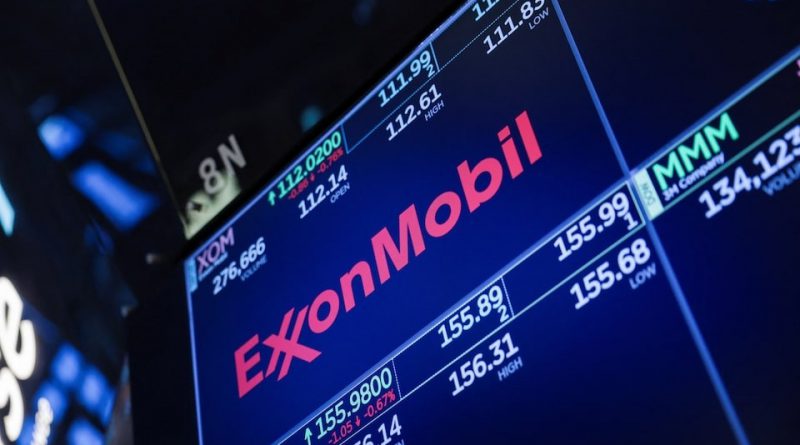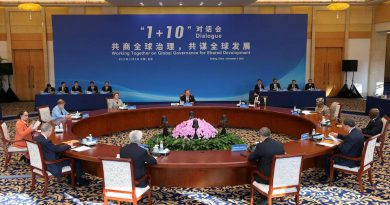Exxon and Chevron Weigh Moves on Lukoil’s Global Energy Assets as Talks Expand
U.S. energy giants explore potential bids for Lukoil’s overseas holdings as new authorization opens negotiations.
U.S. energy companies are evaluating opportunities to acquire selected international assets owned by Lukoil, following new authorization that allows firms to begin formal discussions with the Russian operator through mid-December.
Industry sources say Exxon is reviewing possible interest in assets located in Kazakhstan, where both U.S. companies already share stakes in the major Karachaganak and Tengiz oil fields alongside Lukoil.
Chevron, which also partners in these key Kazakh energy projects, is undertaking similar internal assessments, reflecting growing industry attention toward Lukoil’s global portfolio as regulatory conditions shift.
Exxon is additionally expected to examine the possibility of making a bid for Iraq’s West Qurna 2 field, a significant upstream operation long considered one of Lukoil’s most valuable international holdings.
The American major had previously operated the neighboring West Qurna 1 development for several years, before stepping away from the project in the past year as regional and market priorities evolved.
Interest in Lukoil’s overseas sites has expanded rapidly among global energy companies and investment groups, after the U.S. Treasury provided temporary clearance that permits structured discussions under monitored conditions.
This authorization window remains in effect until December 13, setting a relatively short timeline for companies aiming to complete evaluations or initiate early negotiations.
Other firms also appear to be weighing potential participation, with private equity groups reviewing upstream and downstream assets located across multiple regions.
Lukoil’s international holdings include refining operations in Europe, along with oil and gas interests spread across Kazakhstan, Uzbekistan, Iraq, Mexico, Ghana, Egypt and Nigeria.
The company additionally operates a network of fuel retail stations in several countries, forming a diverse portfolio that has positioned the firm as a notable player in the international downstream market.
Its foreign projects collectively account for a small yet significant share of global oil production, with recent filings indicating that these operations contribute close to half a percent of worldwide output.
Analysts note that any potential transactions would depend on regulatory approvals and geopolitical considerations, as energy firms navigate complex compliance requirements connected to operating in regions involving sanctioned entities.
Market observers say the renewed interest signals confidence in long-term demand for strategic upstream assets, as companies look to secure future supply options while balancing energy transition commitments.
The coming weeks are expected to bring greater clarity as evaluations proceed, with several participants likely to refine their positions before the authorization window closes.
For now, the discussions highlight a moment of fluid opportunity in the global energy sector, where shifting policies and market needs are reshaping corporate strategies and potential partnerships.



